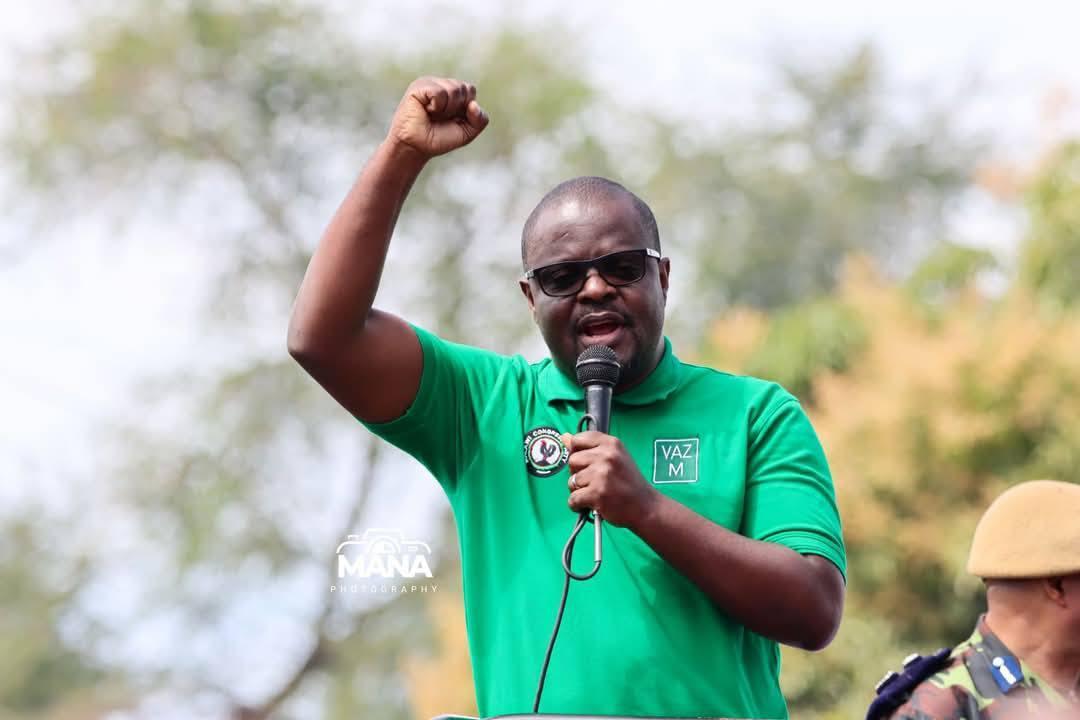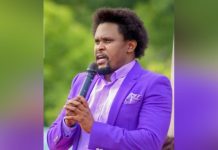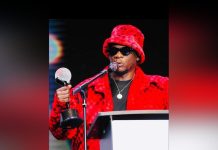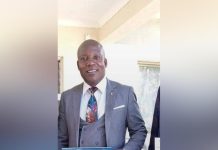Africa-Press – Malawi. A day after police raided the home of Malawi’s 6th President, Dr. Lazarus Chakwera, shockwaves continue to ripple across the political landscape, deepening fear and uncertainty within the opposition Malawi Congress Party (MCP). Senior party figures say the operation—carried out without clear documentation—has left many wondering who might be next.
While the official explanation links the raid to disputed police dogs allegedly kept at the former president’s residence, insiders say the issue appears far more complex. “If the dogs truly belonged to the police, they could have simply gone to collect them quietly. This theatre was unnecessary,” one MCP official told us, questioning the motives behind the dramatic operation.
Attention is now shifting to Chakwera’s former running mate and ex-Minister of Trade, Eng. Vitumbiko A.Z. Mumba, whose rising international profile has reportedly unsettled some within the ruling DPP.
In recent months, Mumba has attended a series of high-level global engagements, including policy conferences and leadership forums—appearances that insiders say have sparked “deep suspicion” within certain circles of the ruling establishment.
According to two senior DPP officials who spoke on condition of anonymity, a group within the party is allegedly exploring ways to limit Mumba’s growing visibility. One highly placed source claimed there are discussions about “cooking up charges” that could justify seizing his passport.
“The goal is simple: ground him. They believe he is building networks, mobilising resources or possibly preparing to launch something bigger,” said the source.
Another source within MCP echoed the concern, saying the party has picked up signals of what they described as “politically motivated manoeuvres.”
“They did it to Chakwera yesterday. Nobody is under any illusion—they could target others. Mumba’s diplomatic mobility frightens them,” the source said.
Political analysts have also warned that the developing pattern—raids, intimidation, and talk of restricting international movement—could signal a broader strategy to neutralize key opposition figures ahead of the 2030 election cycle.
For now, Mumba has not publicly commented on the rumours. But within both MCP and civil society, the message is consistent: the situation is being watched closely.
“Malawians saw what happened yesterday. The next steps will reveal everything,” an MCP insider said.
As uncertainty deepens, many are left asking the same question: after Chakwera, who is next?
For More News And Analysis About Malawi Follow Africa-Press






